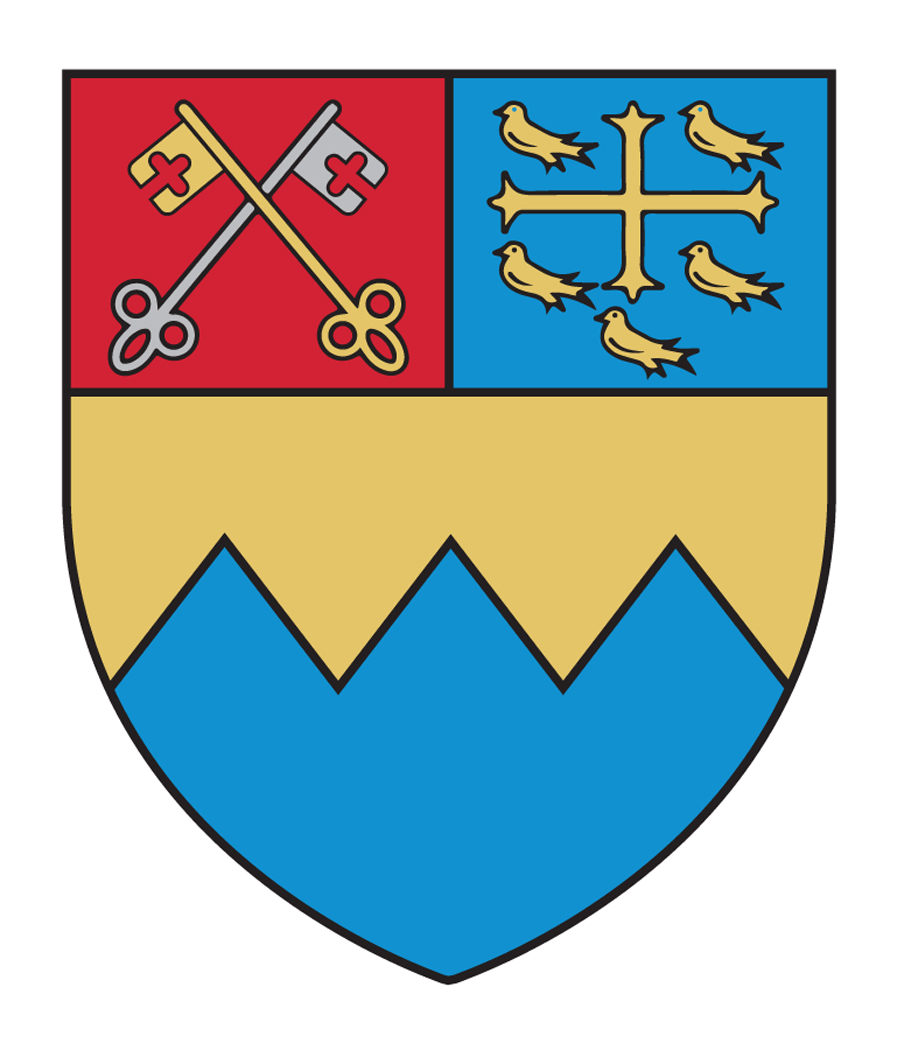
Every night at Compline, we reflect on a short passage from the Rule to remind us of what we are striving to live, and to listen to what the Lord may have to say to us. We offer here our own personal and anonymous reflections, contributed to by the whole community. We hope that, by sharing in our spiritual life, you will be able to explore further your own.
‘Even before you ask me, I will say to you, here I am’. The Lord is present throughout our lives without our even knowing it. From birth to death, he is constantly seeking us, calling out to us, to offer us ‘true and eternal life’ and ‘good days’. Even though the monastic life is often described by the phrase ‘seeking God’, we nevertheless understand that God is always seeking us out, always calling us to find our lives in him. It is in him that we find ‘peace’, and it is this he calls us to. This is the monastic vocation: to seek God, who is always seeking us. It is not so much a pursuit as an attentive listening to the God who seeks us. Whether in choir, singing God’s praises, in our private prayer and Lectio Divina, in our brethren, or in our work—this is our task, and it is one which promises the joy of hearing the Lord saying to us, ‘Here I am.’ It is the joy of the Gospel to which every Christian is called. This daily listening is not the exclusive property of monks and nuns, but is for everyone who wants it—it is for you. ‘Seeking his workman in a multitude of people, the Lord calls out to him and lifts his voice again: Is there anyone here who yearns for life and desires to see good days?’
The echoes of baptism in this short text of the Rule remind us monks how the Christian life is the foundation of our monastic lives. The universal call to holiness underlies any monastic vocation. The invitation to life, which St Benedict quotes from Psalm 33, is an echo of the invitation of baptism to new life in Christ. St Benedict is reminding us that to live anything worthwhile, we must be constantly remembering this invitation which we accepted at baptism. Even the way that the response is here translated (‘I do’) echoes the promises made at baptism. After this affirmation, we are ‘clothed with faith’, just as the white garment is given at baptism as a symbol of the ‘clothing in Christ’ in a new way of life. This ‘way of life’ has a deeper meaning, too. The early Christian community understood themselves to be part of ‘the way’, a special community founded by Christ, as testified to in Acts 9.2. This community has always been a reference point for monastic life. In Acts 2.44-47 and 4.32-34 the early Christian community is described as praying together, holding all things in common possession, and being of one heart and mind. As well as always being a fundamental inspiration for monastics, it is also that to which the Church as a whole has always looked, as a model to strive towards, in whatever way that may be practical at a given time. This is just one example of how deeply rooted St Benedict was in Scripture, and in the Tradition of the Church, and it gives us encouragement that we, too, might find God in these things throughout our daily lives.
Read last week's reflection here.


